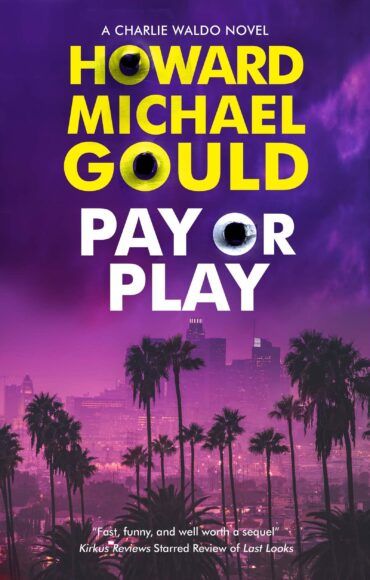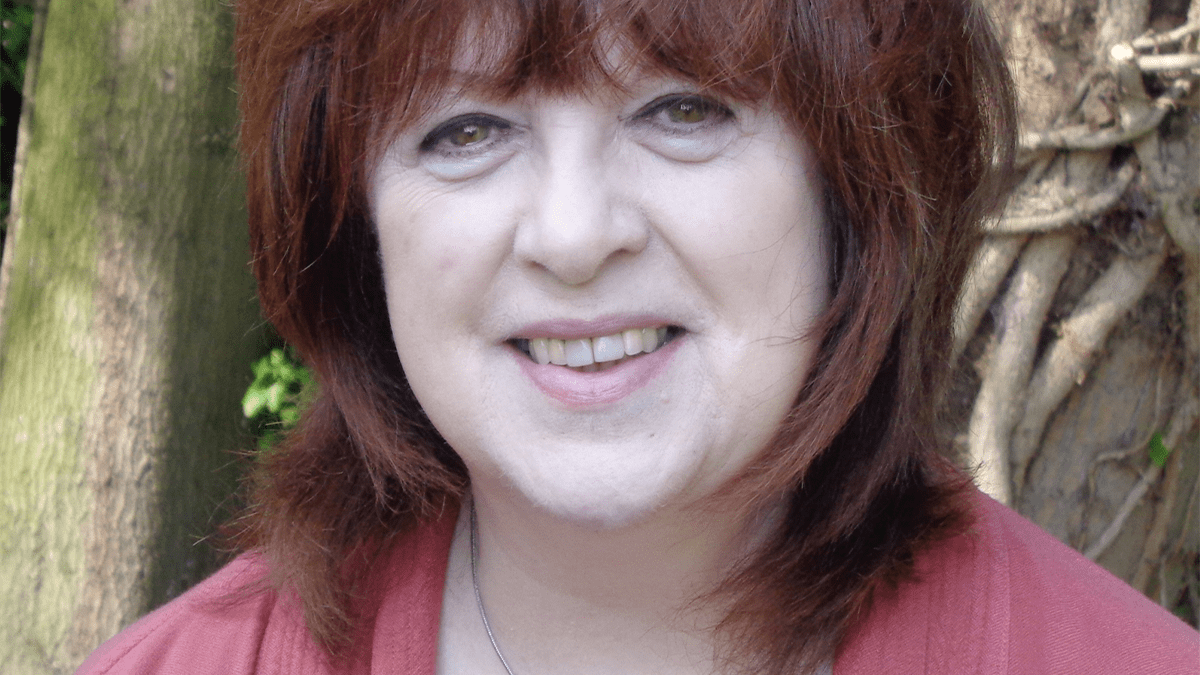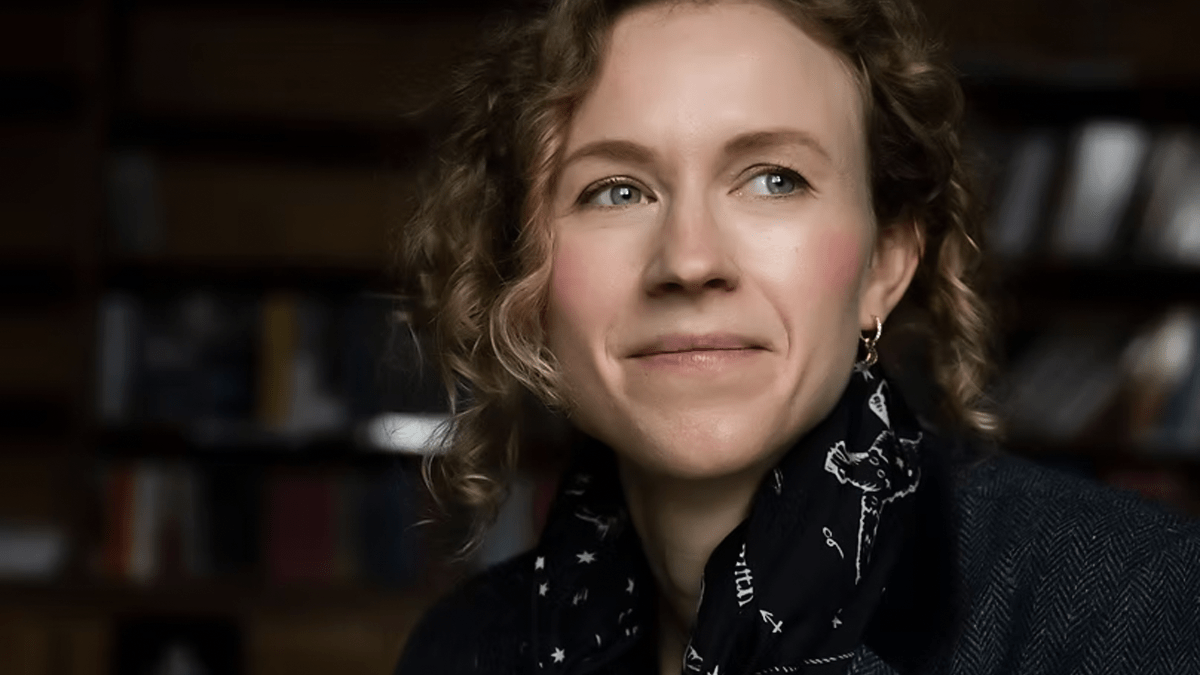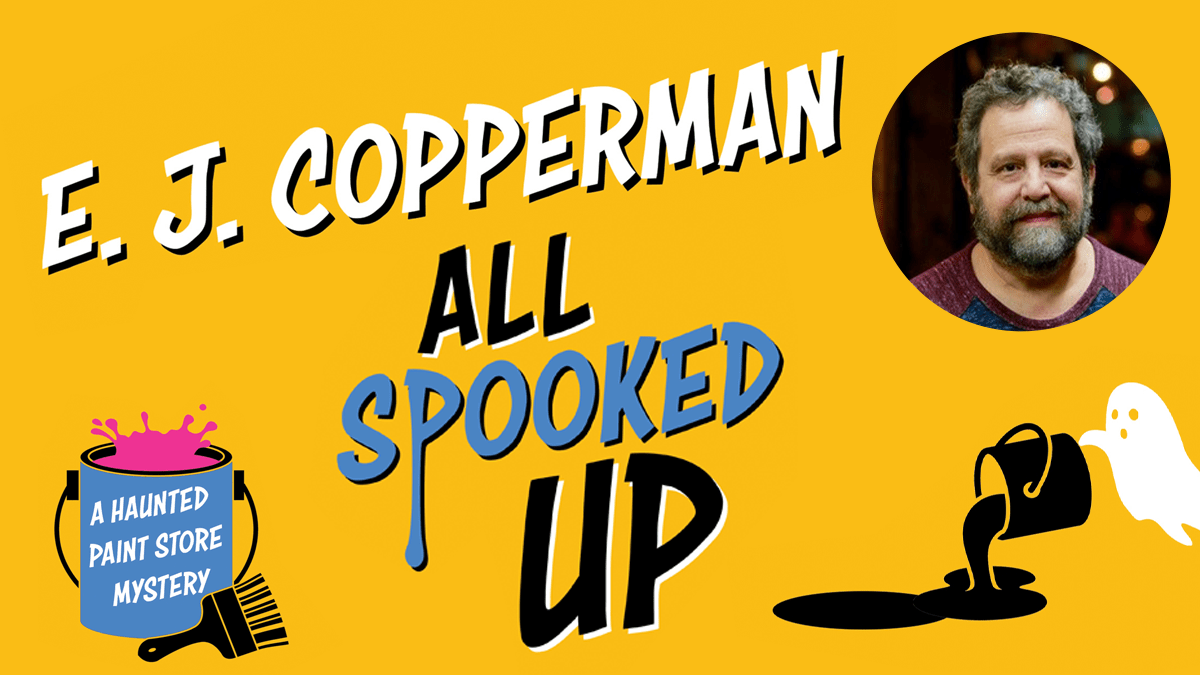Read an Excerpt of Howard Michael Gould’s PAY OR PLAY
by Severn House on 25 October 2021

Blackmail, sexual harassment, murder . . . and a missing dog: eccentric, eco-obsessed L.A. private eye Charlie Waldo is on the case in this quirky, fast-paced mystery.
Read a sneak preview from Chapter One of Pay or Play.
ONE
It wasn’t the sex that set Waldo’s woods on fire, it was the afterglow.
Surrounded by forest, nearly all its structures made of wood, his mountain town of Idyllwild had already seen five homes destroyed, the remainder evacuated. Route 243 was closed on both sides, leaving Waldo and all the other residents cut off and fearing the worst. As the record temperatures of summer 2018 scorched California, infernos blossomed up and down the state. Six people were dead in the one up north, the one called the Carr.
Watching clips of his wildfire, the Cranston, from a hundred miles away and the safety of Lorena’s house, Waldo knew it would take a miracle to keep the rest of Idyllwild from being consumed. He didn’t know whether his own cabin was already lost. He didn’t know if his chickens were still alive.
What he did know was this: the conflagration was all his fault.
Not literally, of course. It wasn’t like he’d lit the match. And he hadn’t set the tinderbox. The planet was rebelling. Climate change had made this fire season hotter and drier. Forest-management practices left more fuel on the ground, too, the unintended repercussion of conscientious wildlife protection. Those were the reasons Waldo’s mountain was burning.
Those and, according to the news, arson.
But Waldo knew better. Call it karma, call it moral justice – Waldo knew his own wobbling had something to do with it, too.
Four years earlier, Waldo learned in an instant the precariousness of the world, the damage one man could do, the damage he could do, when his own zealous police work had led to the death of an innocent man. His life since had been a daily struggle not to do any more.
He had resigned from the force, ghosted his girlfriend Lorena and everyone else he knew, and bought twelve acres in Idyllwild, in the San Jacinto mountains, where he lived for three solitary years in self-sustaining austerity, making a near religion of his commitment to a zero-carbon footprint and to owning no more than One Hundred Things. And that worked for him, at least until Lorena showed up and triggered the chain of events which drew him away from his refuge and back into civilization.
She’d hoped to coax him into joining her expanding PI business, and back into their relationship, too. The latter took; the former, not so much. He did work one case with her, a missing-persons that turned rancid and left Waldo with no taste for more. She eventually stopped trying and seemed to accept the relationship as it was. He’d come down the mountain for a visit about once a month, usually for a few days when Willem – the male model she’d married during Waldo’s absence, estranged now but still her housemate – was out of town on a shoot.
It was a delicate equilibrium: less than Lorena wanted, but enough; a constant test of Waldo’s punishing minimalism, but within bounds he could handle.
Then Willem, wanting to cash in on the overheated L.A. real estate market, insisted that Lorena agree to sell their jointly owned Koreatown bungalow as a final condition of their divorce. He moved out the day the papers were signed.
The next time Waldo came to visit, the common spaces looked barren, Willem apparently the owner of most of their thousands of Things, including almost all the furniture.
Lorena looked lost in the empty house. That plucked at Waldo in ways he didn’t expect, and he ended up staying in town longer than he ever had before, almost two weeks. One night, after lovemaking fierce and profound even by their standards, Lorena said, ‘What if we got a place together?’
In a sense, it was reasonable to muse on.
In another, it was absurd. How could that work? In L.A., just as in Idyllwild, Waldo maintained his exacting rules for living, not allowing himself even an extra toothbrush to leave at her place. Meanwhile, in the face of his asceticism, Lorena clung to her consumerist pleasures all the harder. So, did she mean for him to give up his cabin, and to battle out all their joint decisions, item by item, precept by precept? Or did she mean for him to keep his cabin, and cohabit a second home, profligate beyond imagining?
That these questions were even on the table was a sign that Waldo had gotten too comfortable here. His heart starting to race, he silently recited his catechism, the covenant with the world which he’d devised and repeated aloud regularly for his first few months alone on his mountain until it had become ingrained:
Don’t want, don’t acquire, don’t require.
Don’t affect.
Don’t hurt.
The answer was not complicated. It was not ambiguous. He needed to hold fast. Every time he hadn’t, every time he let his resolve slip, every time he compromised the principles which had redeemed him, something had gone wrong.
And this compromise would be bigger than anything Waldo had ever contemplated, the consequences surely bigger, too. He had to say no. Of course he had to say no.
He looked over at Lorena, her eyes closed, her lip curled in a gentle smile, and before he knew it he too was lost in the afterglow. That ruinous afterglow.
And what Waldo said was: ‘Maybe.’
By the next afternoon, his mountain was in flames.
Four days later, alone in Lorena’s barren kitchen, Waldo scoured the internet for any morsel of new information. Evacuated – what did that actually mean? Had anyone remained to support the firefighters, or was it a ghost town? Not that he knew any of his fellow denizens anyway, even after four years, other than his batty neighbor Hilda Flitt, who kept an eye on his chickens when he was away. And Hilda wasn’t answering her phone.
Nor was Lorena, for that matter. He shot her another text and went back to surfing.
Surfing and blaming himself for the fire.
Not that he could talk about his guilt with Lorena. She’d already said something about him ‘getting worse’ and one time (at a downtown Szechuan restaurant, after he questioned the waiter as to why a restaurant that puts Environment Friendly! on the menu still tops the meal with plastic-wrapped fortune cookies), even asked whether he ‘ever thought about talking to somebody.’ Sure, why wouldn’t she want that? It’d be so much easier to have that ‘somebody’ browbeat Waldo into complaisance than to develop some environmentally responsible habits herself.
Maybe, though, this was what ‘getting worse’ looked like. Holding to rules was one thing, magical thinking another entirely, and after all, it was the guy with the barbecue lighter and the WD-40 who’d set the mountain ablaze, not Waldo.
Still.
It all happened just hours after Waldo’s maybe, and it was Waldo’s town about to be devoured, and Detective III Charlie Waldo had never believed in coincidences.
As the day wore on, the news from Idyllwild began to improve. Firefighters, dropping retardant from the sky, managed to cut the inferno just before it reached the Arts Academy, and suddenly they were using the words ‘mostly contained.’ Deep into the night, Hilda Flitt still wasn’t answering her phone. But the authorities had reopened 243, so Waldo could go back in the morning to see for himself whether his home was safe, whether he even had any Things left, save the ones on his back.
Waldo waited up for Lorena like he always did. He sprawled on her bed with his Kindle, chipping away at Richard White’s massive history of the late nineteenth-century United States, specifically a grim chapter about how American ‘progress’ killed off the bison and pushed the Native Americans to the reservations. Even though Waldo enjoyed the book greatly – it filled multiple lacunae in his knowledge and was peculiarly relevant to the U.S. in 2018 – tonight he struggled not to put it down.
What he itched to do instead was stream another episode of his new addiction, the sinfully titillating Judge Ida Mudge, which Lorena had told him about just this week and which instantly wormed its way into Waldo’s limbic system like none of his favorite junk television shows ever had, not even prime MTV Cribs. But he’d already watched two, using up the daily hour he allowed himself.
Waldo pushed to the end of the chapter and checked Lorena’s bedside clock. It was past midnight, later than he ever stayed up in his woods. Was his junk TV ‘day’ defined by his sleep schedule, or by the clock? That is, could he allow himself to watch ‘tomorrow’s’ Judge Idas now? If he was going to spend much of the next day traveling, he might not have time to watch anyway – so why not allow himself a smidgen of ethical squinching and stream an episode? Or two.
The sound of Lorena’s key in the door saved him from the lapse.
He went out to meet her in the living room. ‘Sorry I didn’t answer your texts,’ she said. ‘I got caught up with something.’ Her vagueness didn’t throw Waldo like it would have during the jealous years. She added, ‘I don’t want to talk about it.’
He shrugged, You don’t have to.
Apparently she did, though. ‘Something with an op. I had to take over a tail.’
‘Fat Dave?’ Lorena had three part-time operatives, two LAPD washouts and a wannabe. She swore they carried their weight but he found that hard to believe. Fat Dave Greenberg, whose rep as a world-class douchebag radiated far beyond Foothill Division, was the worst of them, as far as Waldo was concerned.
She repeated, ‘I don’t want to talk about it,’ and Waldo repeated his you don’t have to shrug, but again she did. ‘Reddix,’ she said. Lucian Reddix was a young African American, the only one Waldo didn’t know from the force and the one for whom Lorena had the softest spot. ‘He was on a marital tail, followed the subject into a bar. Caught her with her boyfriend, was starting to shoot them on his phone . . . but the bartender came over and he asked for a beer.’
‘So?’
‘So they carded him. He’s not twenty-one until November.’ And this was her star. ‘It turned into a thing. Kid was sure he was made. Don’t say it.’
Waldo didn’t have to; he’d said plenty in the past. These jokers were one more reason not to enmesh himself in Lorena’s business.
‘Anyway,’ she said, ‘I went over and picked it up for him.’
‘Get what you need?’
‘And then some. Too cheap for a motel, these two. Got it on right in his car. Anyway, I wasn’t checking my texts – sorry. Listen,’ she said, changing the subject, ‘I could use a favor.’
He tensed; something in her voice told him it had to do with work. ‘Yeah?’
‘I’ve got a meeting with a prospective in a couple days. It’d help to have you there.’ It was the first time in half a year she’d tried to coax him onto a case. ‘I’m pretty sure you’d like this one.’ He’d heard that before.
Waldo said, ‘243’s open.’
‘Oh. Fire’s out?’
‘Contained enough, I guess. I’ve got to get up there.’
She drew a breath at the rejection. It had cost her something to ask again.
‘How?’ she said. ‘Not on your bike . . .?’ Since Waldo basically restricted himself to transportation that was either public or self-propelled, each trip from L.A. to Idyllwild meant a bus and then a tortuous, torturous bicycle climb. She said, ‘I could drive you.’
And then, she was no doubt thinking, she could drive him back down, once he was assured that his property was all right. Back to L.A. and her prospective client meeting. Back to L.A. and looking for a place for them to share.
He couldn’t do it. Besides, he had long ago decided that he’d grant himself a waiver to ride in a private automobile only with someone who’d already have been making the drive without him; clearly that didn’t apply here. He said, ‘I’ll be fine.’
‘With the smoke and everything? That’s so not healthy.’
She was probably right, but he tipped a shoulder anyway, a second rejection.
‘Waldo . . .’
‘I’ll be careful.’ Waldo knew he should hit her with a third, to rip off the Band-Aid quickly and tell her straight out that he wasn’t going to move in with her.
But she stopped him cold with the lopsided quarter-grin that grabbed him every time. ‘Last night in town is usually pretty good,’ she said, and headed to the bedroom, grazing the back of his neck with her fingertips as she passed.
He heard her start the shower. He knew he wouldn’t be able to tell her tonight. Not even if that meant the winds would pick up, the fire would jump the retardant line, and his woods would be imperiled all over again.
Maybe this time it would be the sex that burned it all down.




